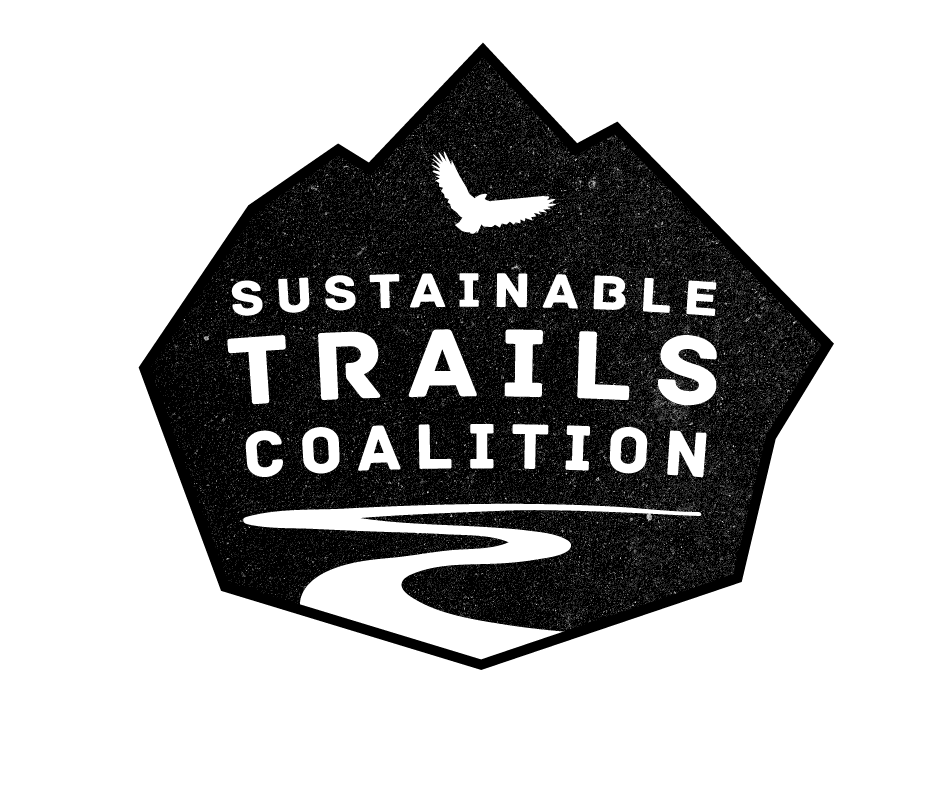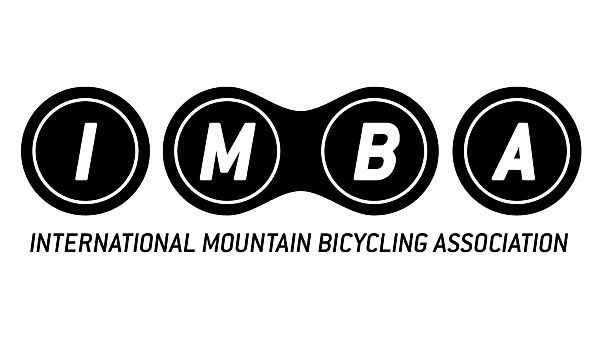Published May 18, 2016
I. Introduction
IMBA’s mission is to create, enhance and preserve great mountain biking experiences. Since 1988, IMBA has been bringing out the best in mountain biking by encouraging low-impact riding, volunteer trail work, cooperation among different trail user groups, grassroots advocacy and innovative trail management solutions. These efforts are primarily for the benefit of IMBA’s chapters, members and supporters. Other direct beneficiaries include the mountain bike community and all non-motorized recreational visitors to our nation’s majestic wildlands.
STC is working to ease restrictions on mountain biking in the National Wilderness Preservation System, on certain other trails, and where bicycles are excluded because an area could become Wilderness. It is also working to reaffirm the government’s ability to use low-impact modern tools to maintain trails. These efforts are similarly for the benefit of the mountain bike community and all non-motorized recreational visitors to our nation’s wildlands.
II. Strategies for Creating, Preserving and Enhancing Mountain Biking Advocacy Opportunities
IMBA is a nonprofit, tax-exempt charitable organization under Internal Revenue Code section 501(c)(3) and as such is legally limited in its ability to directly lobby elected officials. IMBA’s Board of Directors affirms its strategy of achieving and preserving trail access with respect to proposed Wilderness involves working with coalitions, partners, and other interest groups within the existing legislative and regulatory framework. STC respects this strategy and applauds the fact that IMBA’s multi-faceted work has significantly advanced mountain biking opportunities since 1988.
STC’s approach has been to incorporate a nonprofit, tax-exempt entity under Internal Revenue Code section 501(c)(4), which status allows it to spend all of its money on directly lobbying for legislative remedies in Congress. IMBA reciprocally respects STC’s approach and does not oppose it, but chooses not to support STC’s legislative reform efforts, partially in order to safeguard and strengthen positive working relationships with other stakeholders.
IMBA reaffirms its written policy statement on Wilderness, which declares: “Bicycling is a human-powered, low-impact, quiet form of travel and healthy outdoor recreation compatible with wild places and the intent of the Wilderness Act.” STC encourages all who enjoy the privilege of mountain biking on trails on public lands to engage with and support IMBA and your local IMBA chapter.
There is, in sum, great respect between IMBA and STC for the courage of each entity’s convictions and for helping to get more mountain bikers engaged in each organization’s missions and advocacy efforts, even though, as separate organizations, IMBA and STC do not share the same governance or mission strategies.
III. Looking Ahead to the Future
IMBA and STC recognize that our advocacy power lies in the collective voice of all mountain bikers. We wish for that voice to be united, stronger and more effective.
Whether or not STC prevails in its legislative efforts, IMBA’s Chapters, members and affiliate members will continue to play a key role in working on Wilderness-related access issues moving forward. Differences in policy, strategy and tactics between IMBA and STC are not differences in principle.
IV. In Summary
IMBA and STC jointly ask everyone who participates in trail stewardship and the sport of mountain biking to please help maintain a positive, united front. IMBA and STC both believe that public or online denunciations or defamatory comments in public or social media of either organization are generally unhelpful and are often inaccurate and misinformed.


